Session 3
Theologians use the word "Christology" to describe the spiritual significance of Jesus' life, death, and resurrection.
A Christology generally answers two questions:
1) What was Jesus' relationship to God?
2) How does Jesus help us relate to God?
Let's talk about Jesus' relationship to God first.

Low Christology
Low Christology prioritizes the humanity of Jesus, viewing him primarily as a historical figure, moral teacher, or prophet. This perspective emphasizes Jesus' ethical teachings, his social and religious context, and his impact as a human being who revealed God's will through his life and actions. Low Christology tends to downplay or reinterpret traditional claims about Jesus' divinity, focusing instead on the ways in which Jesus exemplified divine qualities through his fully human life and work.
When I look at the portrait of Jesus as it is refracted to me through the gospels and through the Christian tradition, I see Jesus primarily as a boundary-breaker.... I see Jesus as a life that is able somehow to affirm his and our humanity so deeply that you and I begin to be free to lay down the security barriers that each of us builds around ourselves to enhance our survival.
John Shelby Spong (1931 - 2021)
Episcopal Bishop and Theologian
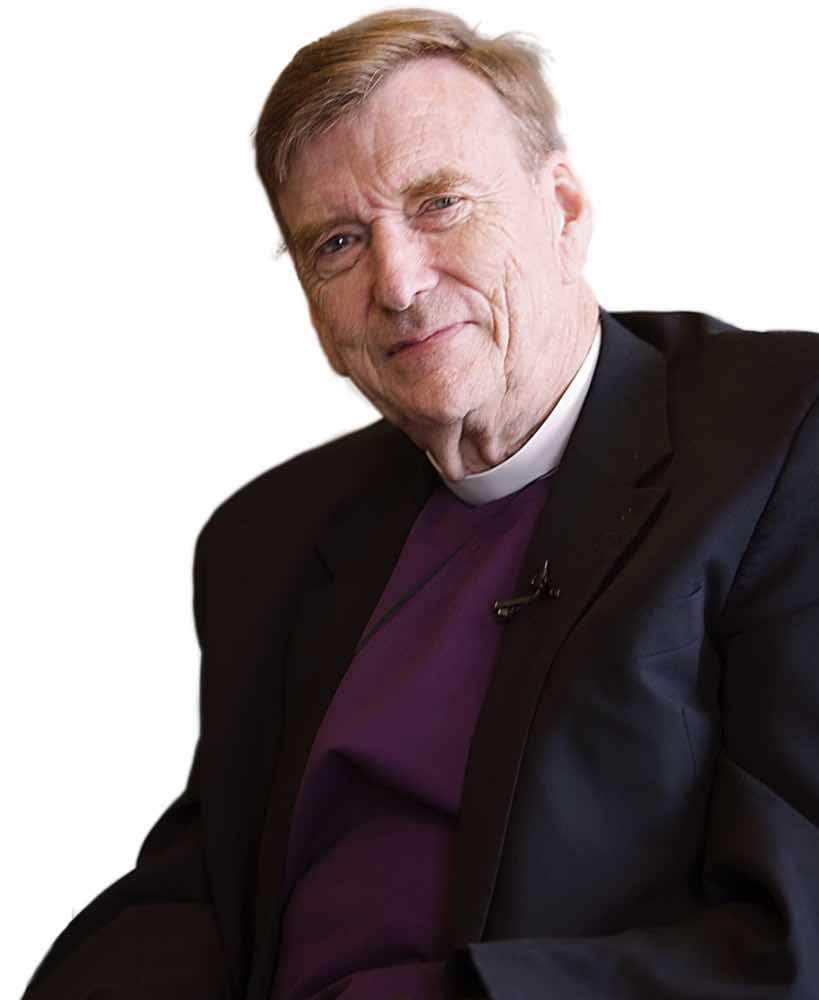
Jesus of Nazareth was completely human. He did not have a divine component that made him different in kind from the rest of us.... Does that make him ordinary? No. I think he is one of the two most remarkable human beings who ever lived. I don’t really care who the other one was – my point is that what we see in Jesus is a human possibility. That’s what makes him so remarkable.
Marcus Borg (1942 - 2015)
New Testament Scholar and Theologian

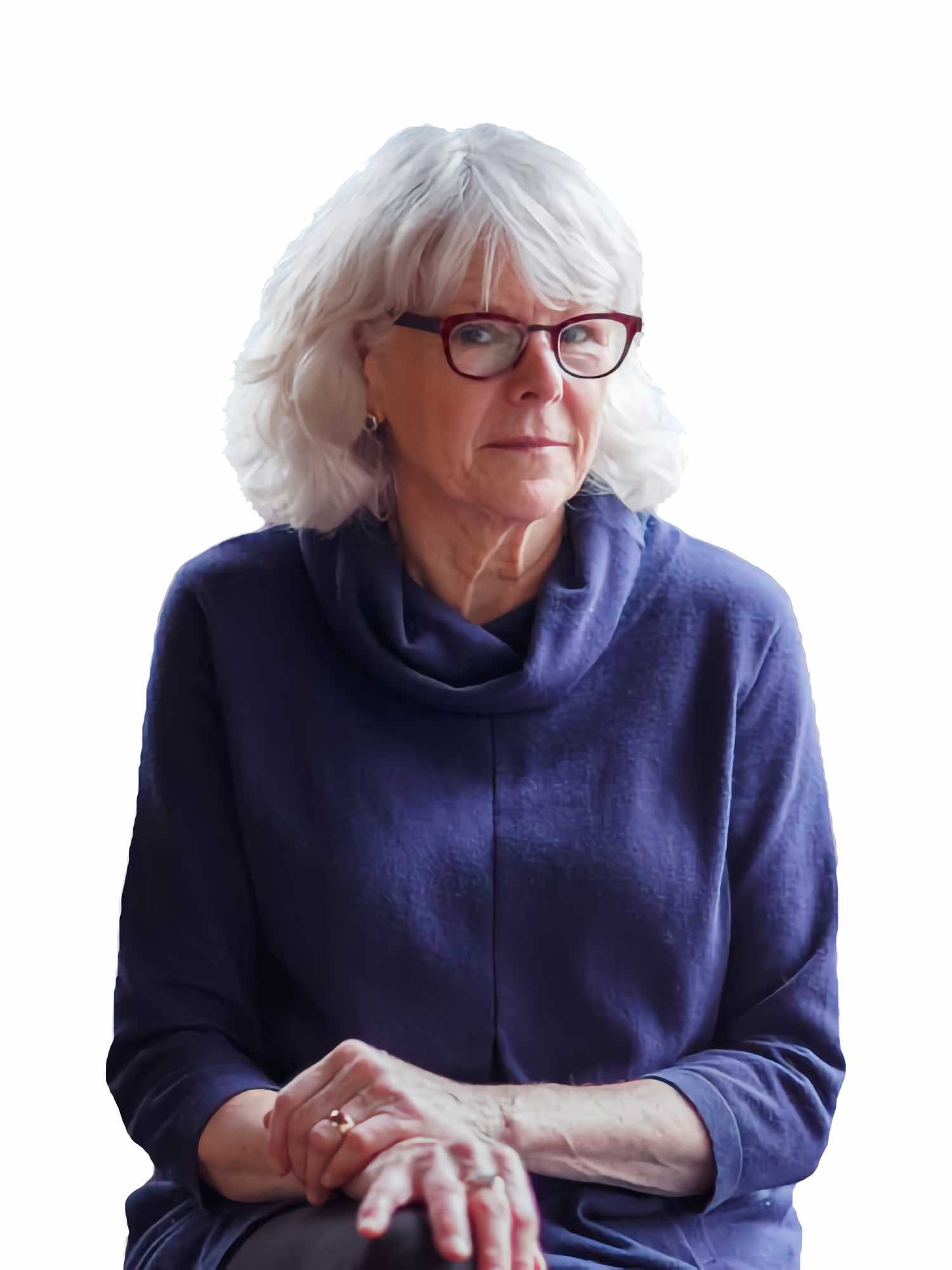
To be fully human is perhaps why I'm Christian, because I see in the life of Jesus a way of being fully human.... With all the conceptual truths in the universe at His disposal Jesus did not give them something to think about together when He was gone. Instead, He gave them concrete things to do... that would go on teaching them what they needed to know when He was no longer around to teach them Himself... "Do this" He said – not believe this but do this – "in remembrance of me."
Barbara Brown Taylor (1951 - )
Episcopal Priest, Academic, and Author

High Christology
High Christology focuses on affirming the divinity of Jesus Christ, emphasizing that Jesus was not only divine in nature but that his divinity was unique and unparalleled in the history of the world. It includes both traditional Orthodox views of Jesus as God incarnate, fully divine and human, and broader perspectives that highlight his unmatched impact on the divine-human relationship.
We believe in one Lord, Jesus Christ, the only Son of God, eternally begotten of the Father, God from God, light from light, true God from true God, begotten, not made, of one Being with the Father.
Nicene Creed (325)
Early Statement of Christian Orthodoxy
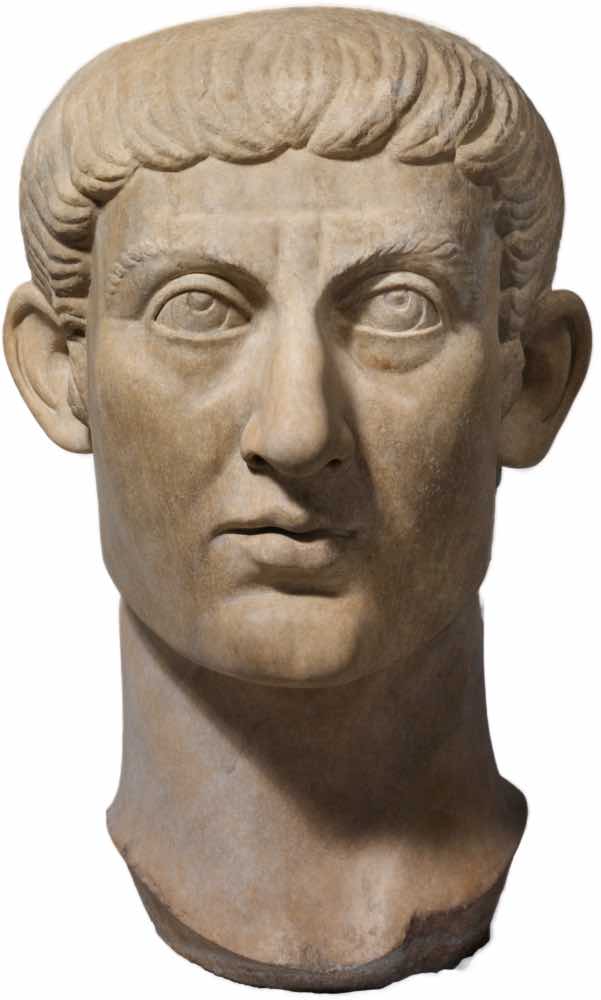
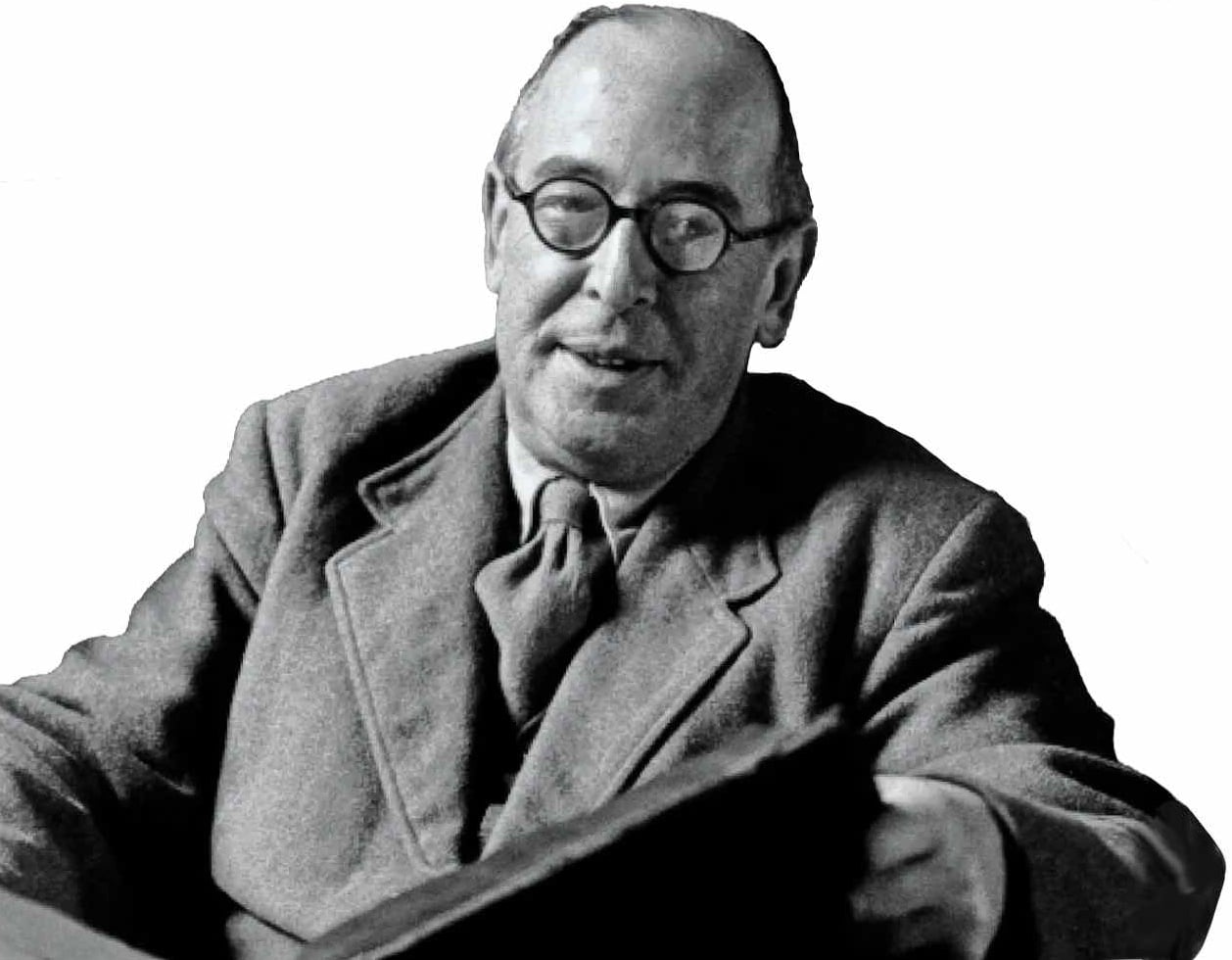
A man who was merely a man and said the sort of things Jesus said would not be a great moral teacher. He would either be a lunatic – on a level with the man who says he is a poached egg – or else the Devil of Hell. You must make your choice. Either this man was, and is, the Son of God: or else a madman or something worse. You can shut him up for a fool, you can spit at him and kill him as a demon, or you can fall at his feet and call him Lord and God.
C.S. Lewis (1898 - 1963)
Writer, Literary Scholar, and Anglican Theologian
Whatever God is, Christ is. The very likeness of God, the very Godhead of Godhead, the very Deity of Deity, is in Christ Jesus.
Charles Spurgeon (1834 -1892)
Baptist Preacher and Theologian
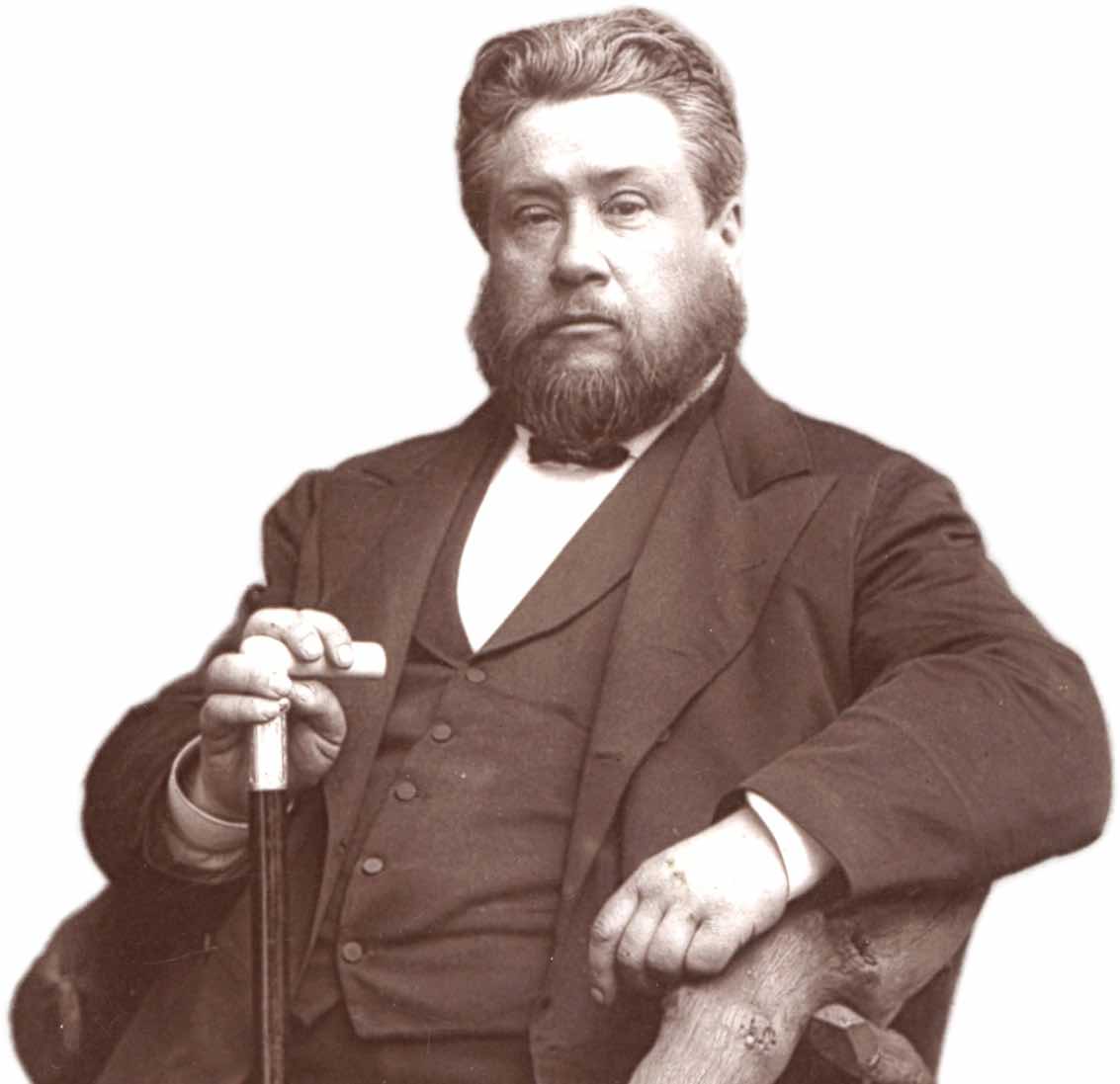
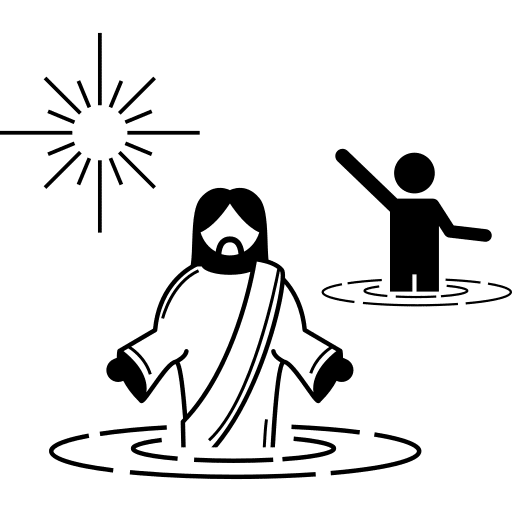
Somewhere in Between Christology
This perspective views Jesus as possessing divinity but not in a way that exclusively elevates him above all divine manifestations. It suggests Jesus holds a significant, yet not singular, role in revealing God, allowing for the presence of divine qualities and actions in his life while acknowledging that other figures might also participate in the divine. This approach emphasizes Jesus' special relationship with God but situates it within a broader context that includes other expressions of divinity.

[A]ncient people thought of divinity as a continuum. Most humans are not divine; but they are more divine... than rocks. And some humans are even more divine than other humans. Some are divinely powerful (miracle workers; great warriors, generals, emperors). Some are divinely intelligent (great philosophers). Some are divinely born (demi-gods). Some are raised to the heavenly realm at their deaths (emperors; divine men). Some are divine in several or all these ways. Jesus is a Jewish version of this divine man in the Synoptic Gospels.
Bart Ehrman (1955 - )
New Testament Scholar
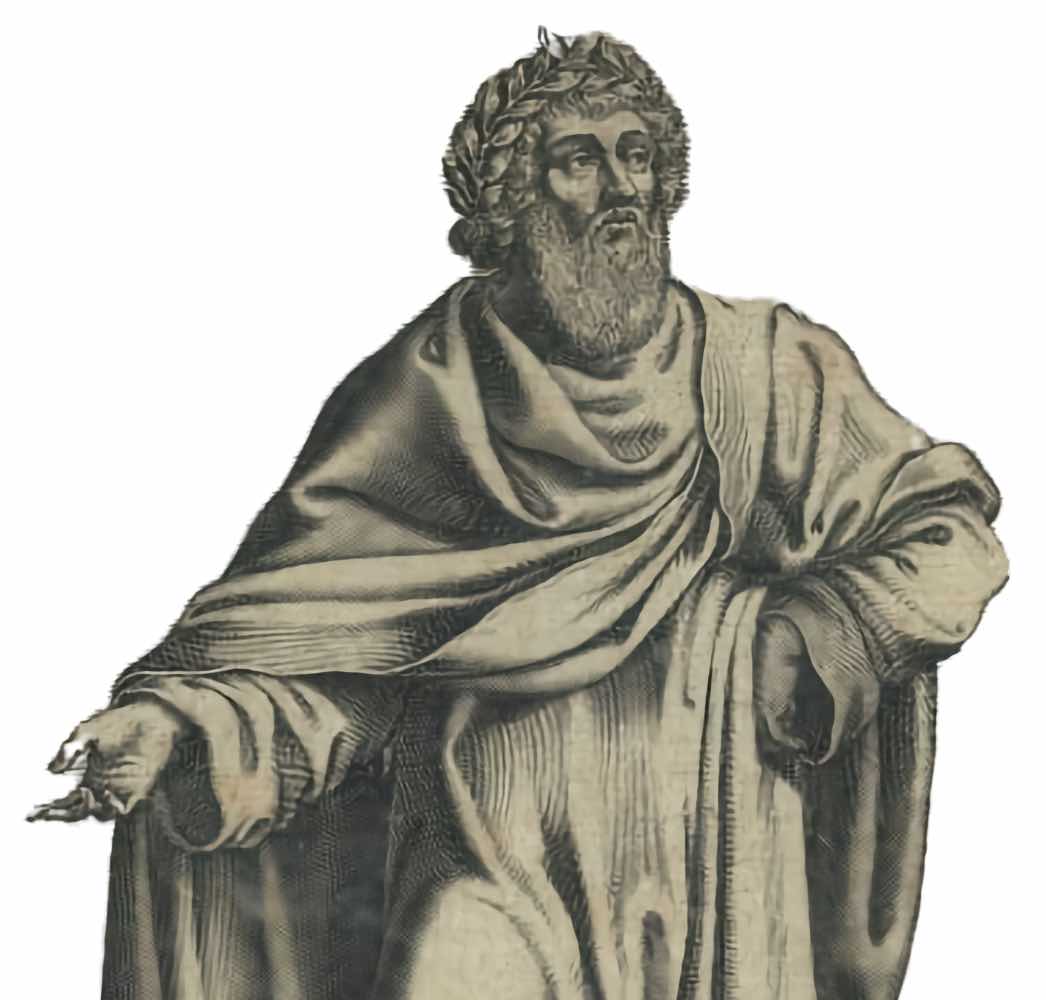
But by the same logic as men become just through the possession of justice, or wise through the possession of wisdom, so those who possess divinity necessarily become divine. Each happy individual is therefore divine. While only God is so by nature, as many as you like may become so by participation.
Boethius (480 - 524)
Roman Senator, Historian, and Philosopher
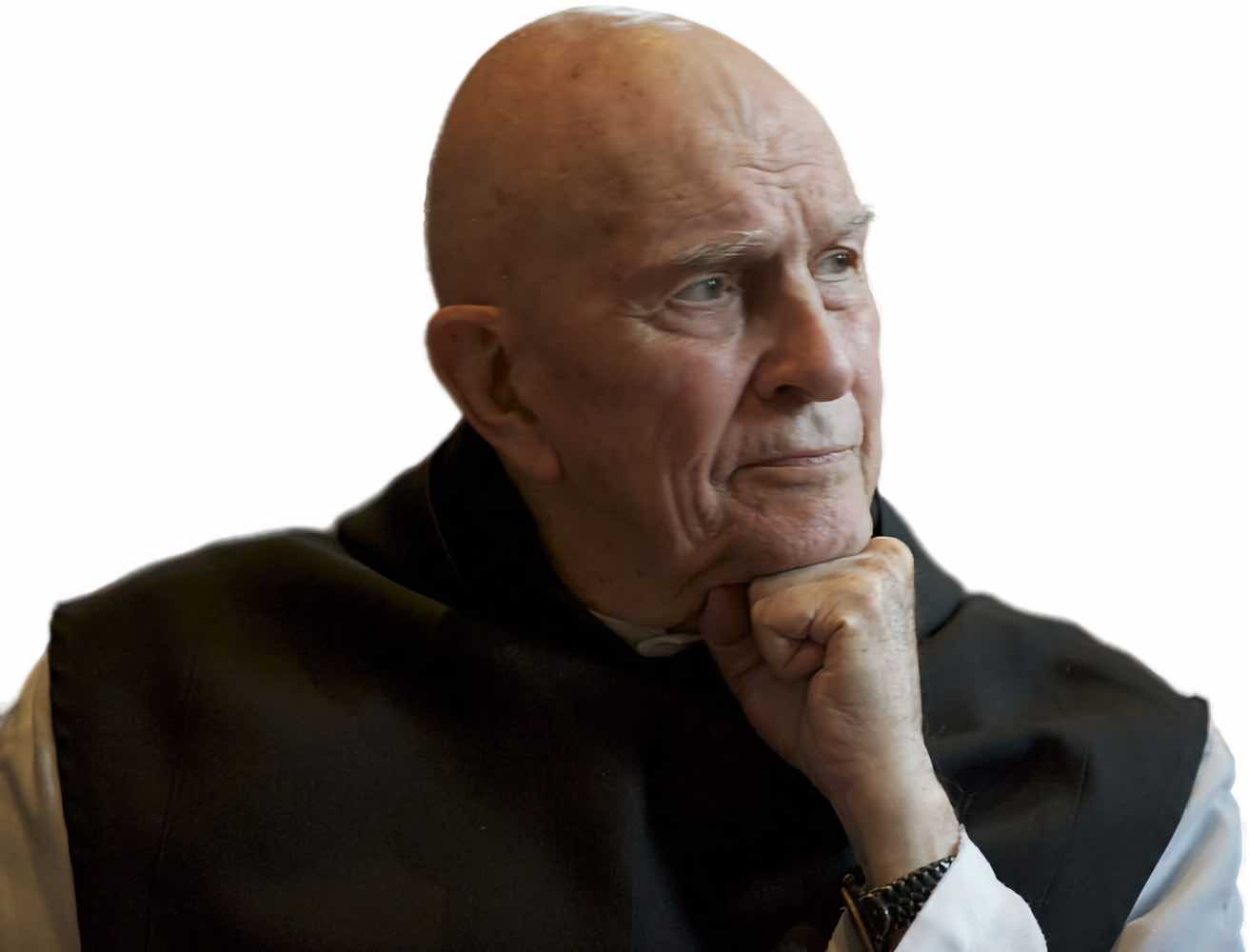
[T]he coming of Christ into our lives, makes us aware of the fact that he is already here as our true self — the deepest reality in us and in everyone else. Once God takes upon himself the human condition, everyone is potentially divine. Through the Incarnation of his Son, God floods the whole human family — past, present and to come — with his majesty, dignity and grace. Christ dwells in us in a mysterious but real way.
Thomas Keating (1923 - 2018)
Catholic Monk, Mystical Theologian, and Developer of Centering Prayer
Next, let's talk about the question
of how Jesus helps us relate to god.
Our answer to this question
is shaped by which part of Jesus' life
we think is most important.

Birth / Incarnation
Recapitulation Theory
Jesus enters, reenacts and corrects human life, undoing Adam's disobedience through his obedience. Individuals are saved as Jesus leads humanity back to God, restoring the intended divine image within them and reconciling creation.
Theosis
Because God became human in Jesus, humans can participate in the divine nature, becoming more and more aligned with the God's will.

Life & Teachings
Moral Exemplar Theory
Jesus offers us the perfect example of how God wants us to live. We are more connected to God when we live that way.
Moral Transformation Theory
Jesus' example and teachings connect us to God's will, enabling a person to experience a profound inner transformation that reshapes their desires, will, and character.

Crucifixion
Penal Substitution Theory
Jesus bears the punishment for human sins, fulfilling divine justice. This act allows individuals to be forgiven and reconciled with God, as Jesus' suffering satisfies the penalty that humans deserve due to sin.
Ransom Theory
Jesus acts as a ransom paid to Satan or sin itself, freeing individuals from bondage to these powers. This liberation allows individuals to live in freedom and be reconciled with God.
Solidarity Theory
In Jesus' suffering and death, God fully experiences the depths of human suffering and alienation. In so doing, God bridges the divide between us while also providing profound solidarity and hope to the afflicted – God knows their pain intimately.

Resurrection
Christus Victor
Jesus' resurrection achieves victory over sin, death, and the devil. By being united with Jesus through faith, a person can share in this victory and be liberated from the dominion of these powers.
Mystical Theory
Because of Jesus' resurrection, we can be spiritually united with him and thereby connected to and reconciled with God.
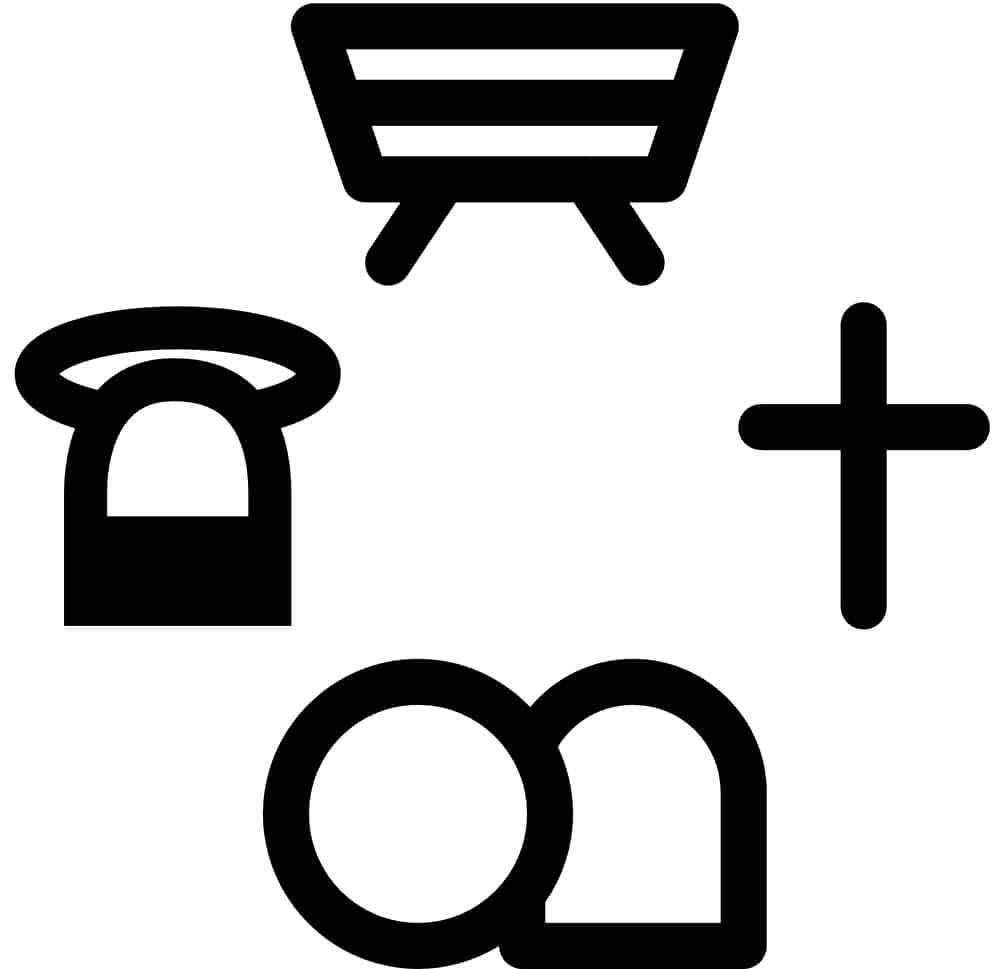
Holistic
Healing Theory
Jesus' life, death, and resurrection bring healing to humanity's broken relationship with God. This healing allows individuals to experience restoration to wholeness and a renewed relationship with God.

